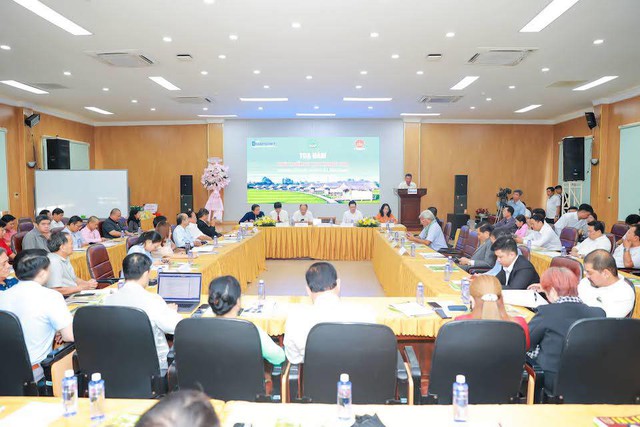
In order to support households, farms, and agricultural enterprises to strongly develop eco-tourism associated with agriculture and rural areas, on September 24, in Ho Chi Minh City, Vietnam Farm and Enterprise Magazine in collaboration with Minh Son Legal Consulting Center organized a seminar on "Developing Farm Tourism and Related Legal Issues" with the participation of representatives of departments, branches, associations, enterprises, and speakers.
In recent years, the farm economic model combined with ecotourism or agricultural ecotourism is becoming a new trend in the field of sustainable tourism. This model combines tourism experiences and connections with local agriculture and culture. Agricultural ecotourism has been attracting many domestic and international visitors to explore... Continuing to develop this tourism model is one of the important steps towards a more sustainable tourism future, not only in Vietnam but also globally.
Farm tourism development - An inevitable competitive trend
Sharing at the opening of the discussion, Dr. Ho Minh Son - Director of the Institute for Market Research & International Communications, Deputy Editor-in-Chief of Vietnam Farm and Enterprise Magazine assessed that developing farm and eco-tourism associated with agriculture and rural areas is a global trend. Currently, this model has partly helped farmers convert from traditional agriculture to agriculture combined with entertainment, bringing high efficiency to both the Agriculture and Tourism sectors.
According to Mr. Ho Minh Son, currently many countries and territories in the region and the world have relied on the typical values of traditional agriculture combined with science, technology, ecology, and clean agriculture to attract tourists. At the same time, through tourists, they consume and increase revenue for agricultural products.
Evidence from reality shows that many tourism exploitation models associated with agricultural ecology in countries such as Taiwan (China), Korea, Japan, and Thailand have been very successful, bringing high added value to both tourism and agriculture.
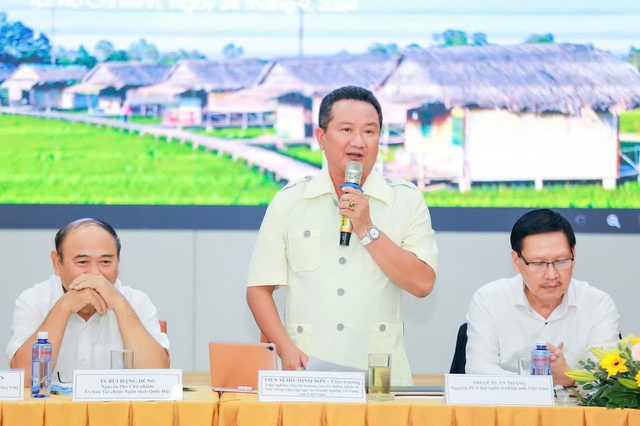
Dr. Ho Minh Son - Director of the Institute of Market Research and International Communications, Deputy Editor-in-Chief of Vietnam Enterprise and Farm Magazine shared at the seminar.
For Vietnam, Mr. Son also said that tourism and agriculture are two closely related industries and are both key industries that are prioritized for development.
"With nearly 65.6% of the population currently living in rural areas, along with the advantage of beautiful, peaceful landscapes, preserving many cultural and historical values of the nation. Vietnam has a lot of potential and strengths in developing tourism associated with agriculture. Especially in recent years, domestic and foreign tourists are tending to choose rural areas as destinations to experience," Mr. Ho Minh Son emphasized.
Sharing the same view, MSc. Lawyer Dang Thi Ngoc Hanh - Head of the Thua Thien - Hue Provincial Bar Association acknowledged that Vietnam's rural areas possess rich natural and human resources, associated with Vietnam's cultural identity and long-standing farming practices, which are important input factors in forming destinations and tourism products to serve tourists.
In addition, Ms. Ngoc Hanh also said that in the context of shrinking agricultural land area, production activities are difficult to achieve high added value, in addition to continuing to promote agriculture, it is necessary to diversify production and service businesses, in which developing tourism associated with agricultural ecology is an inevitable direction, contributing to promoting advantages and exploiting the different values of agriculture and rural areas.
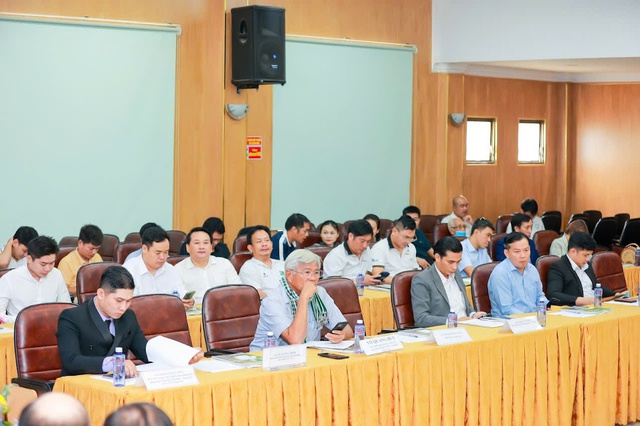
Many delegates attended the seminar.
In Vietnam, agro-ecotourism is increasingly developing, especially in rural areas with rich natural resources and unique cultures. Provinces such as Lam Dong, Da Lat, Dong Nai, and the Northwest regions have implemented many farm tourism models combined with the production of typical agricultural products such as tea, coffee, strawberries, or tropical fruits.
Localities have also had policies and solutions to promote ecotourism and community tourism activities, helping people increase their income and get rich on their homeland. In particular, some ecotourism and community tourism models have attracted a large number of domestic and foreign visitors to visit, explore and experience such as: Con Chim community tourism model (Tra Vinh) takes advantage of the landscape and pristine river space of the garden to develop agricultural and rural ecotourism....
Need breakthrough mechanisms and policies
Sharing at the seminar, Prof. Dr. Bui Quang Hai - Former Deputy Director of the Training Department of the Ministry of Culture, Sports and Tourism acknowledged that developing agricultural ecotourism is a potential direction for enhancing economic value and preserving rural cultural values, so it needs to be widely invested in. However, the development of this type of tourism still has many limitations, not suitable to the potential advantages and characteristics of many localities.
According to Prof. Dr. Bui Quang Hai, the current situation of planning for agricultural and rural tourism in many localities is still incomplete, specific legal documents or priority solutions to promote the development of agricultural tourism have not been issued specifically, leading to this tourism model being spontaneous and fragmented... most of the services provided by households and cooperatives are simple, the service quality is uneven, the source of customers is unstable, and many places still develop spontaneously.
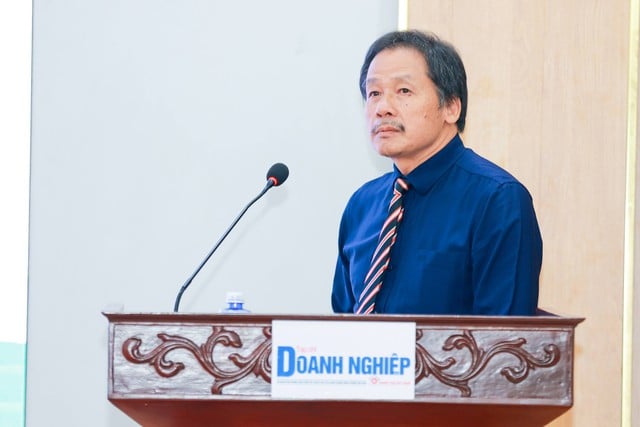
Prof. Dr. Bui Quang Hai - Former Deputy Director of Training Department, Ministry of Culture, Sports and Tourism shared at the seminar.
"For this tourism model to develop, in the coming time, localities need to review and evaluate the resource values, current status and potential for developing typical rural tourism; have policies on land use, infrastructure investment, and rural tourism management based on appropriate regional and local planning, ensuring linkage and connection of destinations in an inter-provincial and inter-regional direction," shared Prof. Dr. Bui Quang Hai.
MSc. Lawyer Dang Thi Ngoc Hanh - Head of the Thua Thien - Hue Provincial Bar Association also pointed out that agricultural tourism activities mainly take place on agricultural land. However, the requirement of agricultural tourism business activities is to have auxiliary works, such as: roads, parking lots, kitchens, toilets, exhibition areas, rest stops... This is the biggest bottleneck in the process of operating and developing agricultural ecotourism.
At the seminar, a representative of Vinh Phuc Joint Stock Company (Binh Phuoc) also raised the issue that large farm owners who want to do tourism are having many problems with land procedures.
According to this representative, Vinh Phuc Joint Stock Company owns a 5-hectare land fund, with many projects such as flower gardens, bridge flagpoles, but if it wants to do tourism or build infrastructure, it must change the land use purpose. At the same time, it must also go through a land auction, which is difficult and beyond the company's resources.
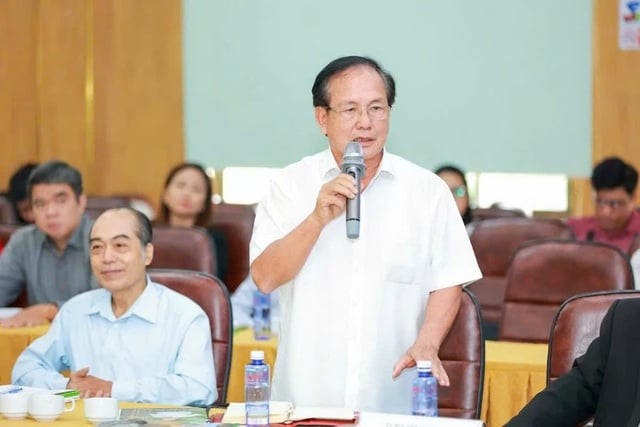
Representative of Vinh Phuc Joint Stock Company (Binh Phuoc) shared difficulties in developing farm tourism.
In order for the model of ecotourism combined with agriculture to develop sustainably and effectively, at the seminar, MSc. Lawyer Dang Thi Ngoc Hanh expressed her hope that agencies and departments need to pay attention, research and issue specific policies on legal issues such as land use planning, infrastructure construction, environmental protection, rights of stakeholders and ensuring safety for tourists. Building a clear legal framework, while providing support from the state, will help agricultural tourism develop more strongly in the future.
In addition, to encourage sustainable development of agricultural tourism models, in addition to combining tourism and agricultural production, creating unique and attractive tourism products; there needs to be a mechanism to take advantage of available local resources, preserve culture and environment, develop community tourism models, eco-tourism, craft village tourism... associated with nature, protect the environment...; along with improvements in other infrastructure, such as: roads, electricity and water supply systems...; or, support policies on taxes, credit, and human resource training.../.
Source: https://toquoc.vn/du-lich-trang-trai-giai-phap-ben-vung-cho-phat-trien-kinh-te-va-bao-ve-moi-truong-20240924222640776.htm


![[Photo] Readers line up to visit the photo exhibition and receive a special publication commemorating the 135th birthday of President Ho Chi Minh at Nhan Dan Newspaper](https://vphoto.vietnam.vn/thumb/1200x675/vietnam/resource/IMAGE/2025/5/17/85b3197fc6bd43e6a9ee4db15101005b)


![[Photo] More than 17,000 candidates participate in the 2025 SPT Competency Assessment Test of Hanoi National University of Education](https://vphoto.vietnam.vn/thumb/1200x675/vietnam/resource/IMAGE/2025/5/17/e538d9a1636c407cbb211b314e6303fd)
![[Photo] Prime Minister Pham Minh Chinh chairs meeting on science and technology development](https://vphoto.vietnam.vn/thumb/1200x675/vietnam/resource/IMAGE/2025/5/17/ae80dd74c384439789b12013c738a045)

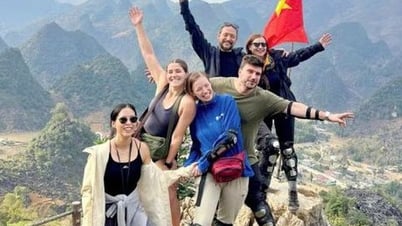





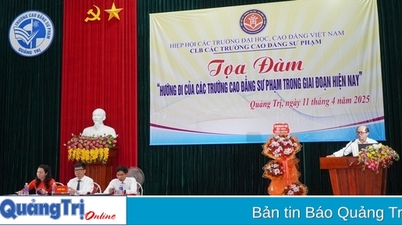







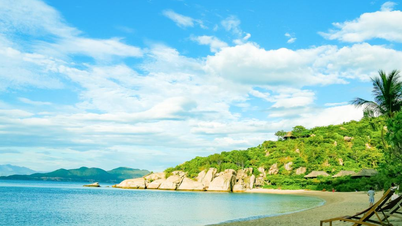
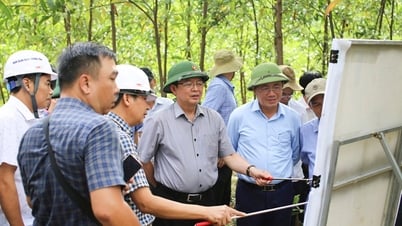
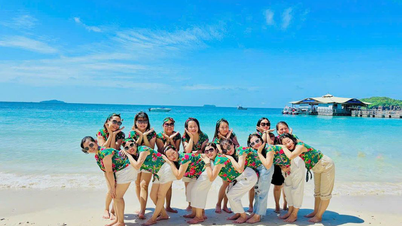
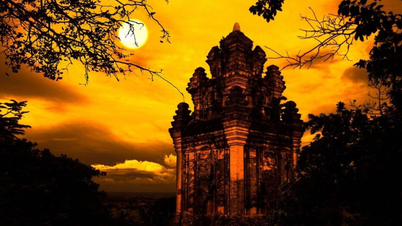





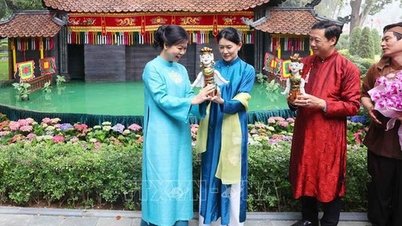
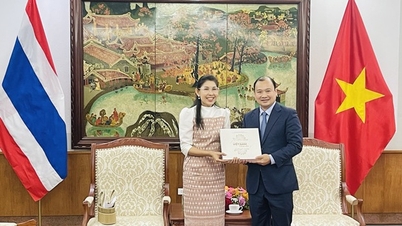
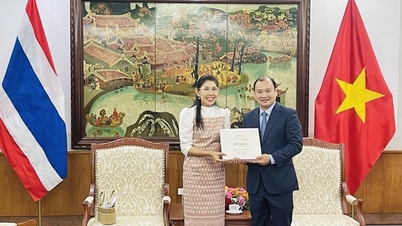

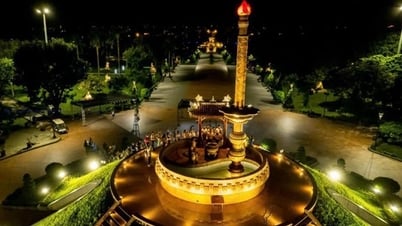
![[Photo] Nearly 3,000 students moved by stories about soldiers](https://vphoto.vietnam.vn/thumb/1200x675/vietnam/resource/IMAGE/2025/5/17/21da57c8241e42438b423eaa37215e0e)


















































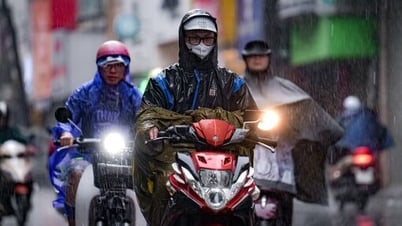

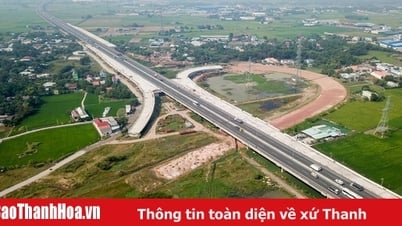



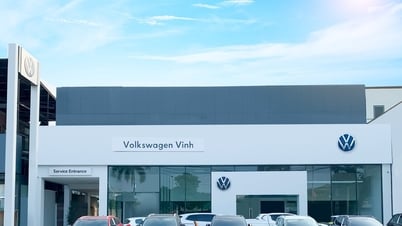

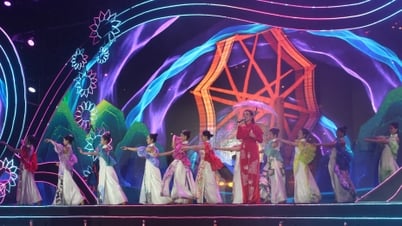

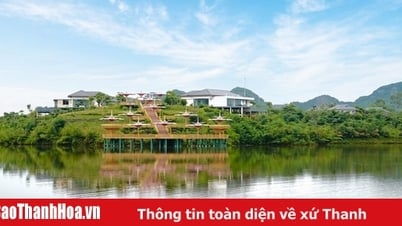









Comment (0)